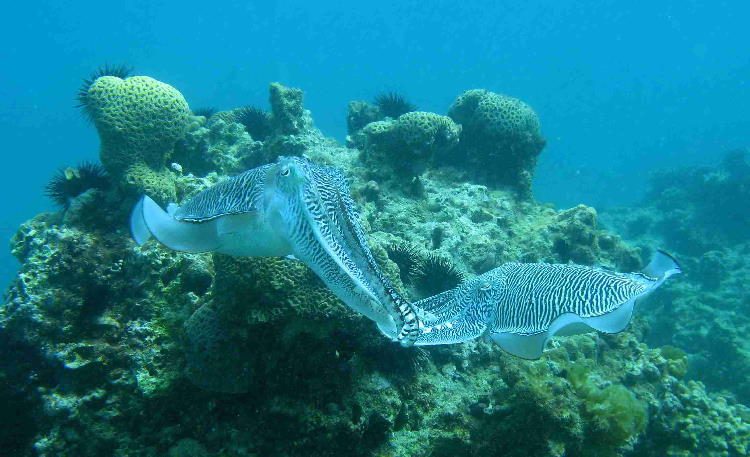30/09/2023
30/09/2023

KUWAIT CITY, Sept 30: Several environmental activists have called for a "study of the state of the islands and an assessment of their capacity to accommodate visitors," emphasizing the need for "urgent regulation of visits or even complete closure," while proposing at the same time the "transformation of these islands into natural reserves." They argue that protecting these coral reefs is crucial.
On the other hand, some environmental voices have urged finding solutions that go beyond banning visits to these islands, stating that it is essential to "preserve the local ecosystems and allow controlled visits while maintaining their environmental sustainability."
Jenan Bahzad, General Secretary of the Kuwait Environmental Protection Association, called for "studying the capacity to receive visitors" and developing both natural and man-made islands due to their proximity to Kuwait, emphasizing their sensitivity and ecological importance. She added, "These southern islands, frequented by summer visitors, might exceed their capacity to withstand the environmental impact."
In contrast, these environmental voices have called for searching for alternatives to completely banning visits to these islands, as there is a clear desire to preserve their unique ecosystems. Suggestions include assigning specialized police or creating an authority for environment management on these islands to ensure their protection and long-term sustainability.
Bahzad stated, "Nature reserves are not limited to biological diversity alone; there are areas with geological, historical, and cultural characteristics that must be preserved to protect the marine environment comprehensively."
She highlighted the importance of considering "ideas for the development of natural and man-made islands, such as Jasr Island and Green Island, as potential sustainable models due to their existing infrastructure and proximity to Kuwait City."
Bahzad further emphasized, "Studying the potential capacity of Kuwait's islands will help us understand their ability to receive visitors without compromising the environment."
Mahmoud Ashkanani, an environmental project manager with a diving team, stressed that "the greatest destruction of the islands comes from the boats docking on the sandy shores, especially in the southern islands, where coral reefs are severely affected by activities like fishing and diving."
Ashkanani referred to successful international experiences, such as the Maldives, where a specific diving license is required to protect coral reefs. He also suggested establishing environmental monitoring offices on each island to ensure the rehabilitation of coral reefs.
He added, "It is strange that our team is the one responsible for cleaning the southern islands while government efforts are minimal, especially when it comes to protecting marine life."
Waleed Al-Fadhil, head of the Kuwaiti diving team, said, "We support any project that aims to protect the southern islands. These islands represent a vital part of Kuwait's heritage, and we will not accept their closure. Therefore, we propose an approach that combines maintaining their ecosystems and strict enforcement of regulations to protect them."
Al-Fadhil concluded, "Our team is already active in cleaning the southern islands, given the lack of clear government efforts to protect these marine reserves."


